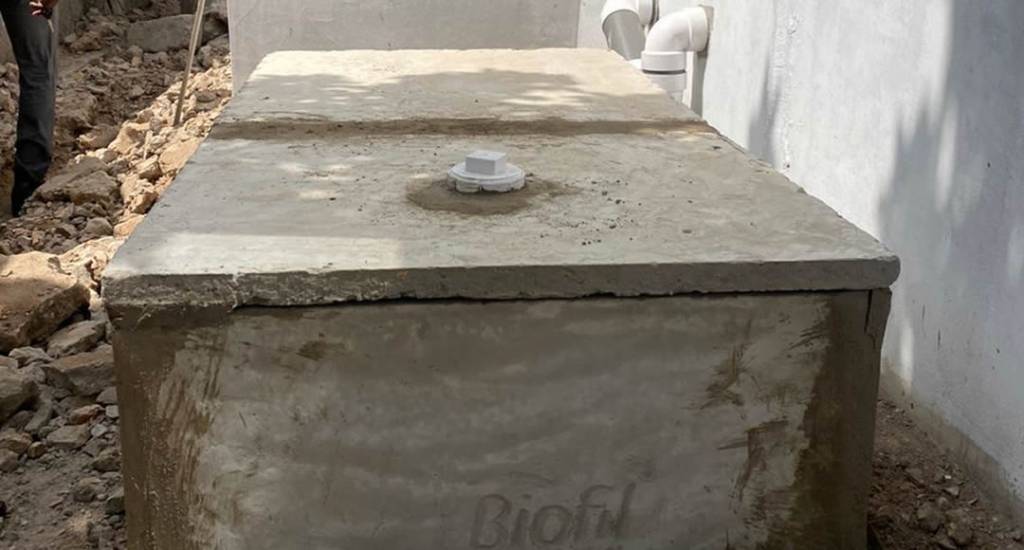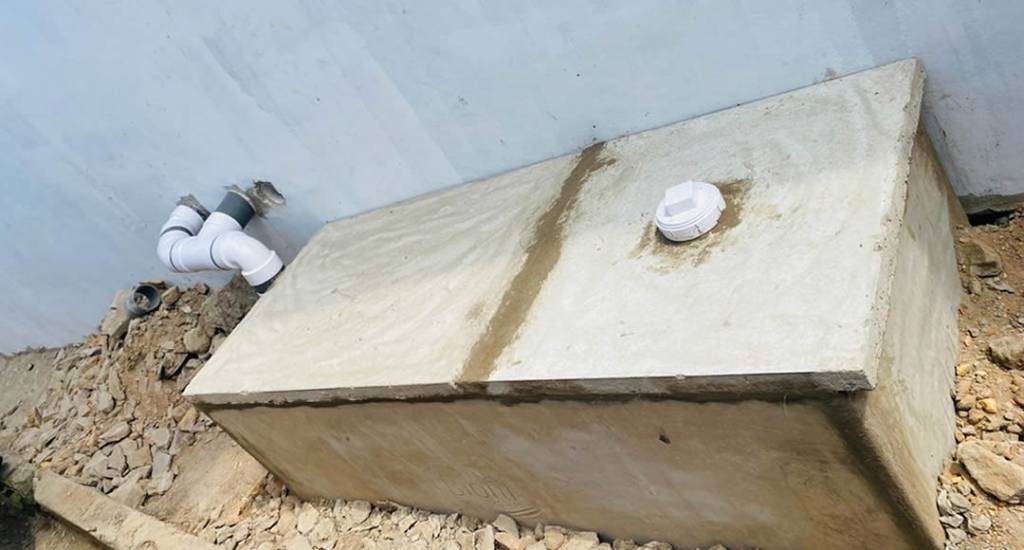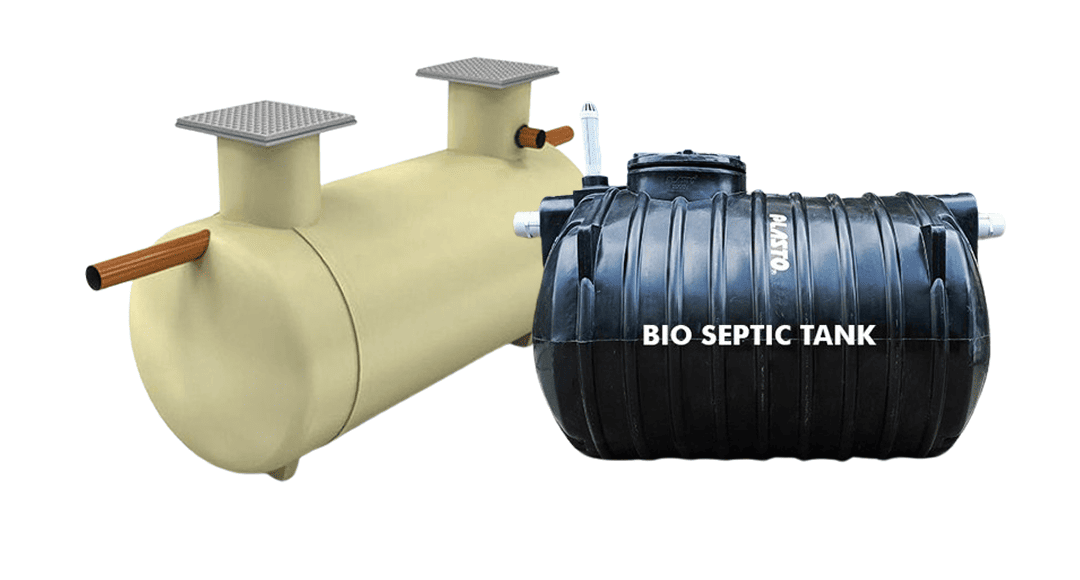In the field of waste management solutions, the bio digester has emerged as a superior alternative to the traditional septic tank with its numerous advantages.
A bio digester offers a more efficient and sustainable approach to waste treatment. This article aims to explore the reasons why a bio digester surpasses a septic tank in terms of odour control, water conservation, cleanliness, cost-effectiveness, and ease of maintenance. By understanding the distinctive features and benefits of a bio digester, one can make an informed decision when it comes to implementing a waste management system.

Odour Control and Environmental Impact:
A significant advantage of a bio digester over a septic tank lies in its superior odour control. Unlike septic tanks, bio digesters do not emit foul smells. The aerobic bacteria within the bio digester effectively break down waste, resulting in clean water and methane production. This process ensures a pleasant and odour-free environment. Moreover, bio digesters positively contribute to the environment by reducing underground water pollution and minimizing wastewater discharge in the streets, resulting in cleaner and safer surroundings.
Water Conservation:
Bio digesters offer substantial water conservation benefits compared to septic tanks. As the water from bio digesters soaks into the surrounding soil, it replenishes the underground water reserves. This natural filtration process not only conserves water but also helps to mitigate water scarcity issues, making bio digesters an environmentally responsible choice.
Cleanliness and Safety:
Cleanliness is another crucial aspect where a bio digester outshines a septic tank. In contrast to septic tanks, bio digesters do not release wastewater into the streets, ensuring a cleaner and safer environment for communities. With efficient waste breakdown and containment, bio digesters prevent the spread of harmful pathogens and contaminants. The absence of wastewater discharge also eliminates the risk of contamination in water bodies, promoting overall hygiene and safety.

Cost-effectiveness:
When considering the cost-effectiveness of waste management systems, bio digesters clearly have the upper hand. Construction of a bio digester is more economical compared to a septic tank due to its smaller volume. The reduced requirement for materials translates into cost savings. Furthermore, the longevity of a bio digester system, coupled with minimal maintenance needs, contributes to long-term cost-effectiveness, making it a wise investment for both residential and commercial applications.
Ease of Maintenance:
Maintenance plays a vital role in the smooth functioning and longevity of waste management systems. Bio digesters require less frequent maintenance compared to septic tanks. The self-cleaning mechanism inherent in bio digesters, along with features like automatic sludge return/recycle pumps, minimizes the need for regular emptying. This not only saves time and effort but also reduces maintenance costs in the long run. With proper adherence to manufacturer guidelines and periodic inspections, a bio digester can operate efficiently for an extended period.
From superior odour control and water conservation to enhanced cleanliness, cost-effectiveness, and ease of maintenance, a bio digester undoubtedly outperforms a septic tank in multiple aspects. With its environmentally friendly approach, a bio digester ensures a hygienic waste management system that contributes to a cleaner, safer, and more sustainable future. When making the decision between a bio digester and a septic tank, considering these advantages will help you choose the best option for your specific needs. Embrace the capabilities of a bio digester to revolutionize your waste management practices and create a positive impact on both your immediate surroundings and the environment as a whole.

